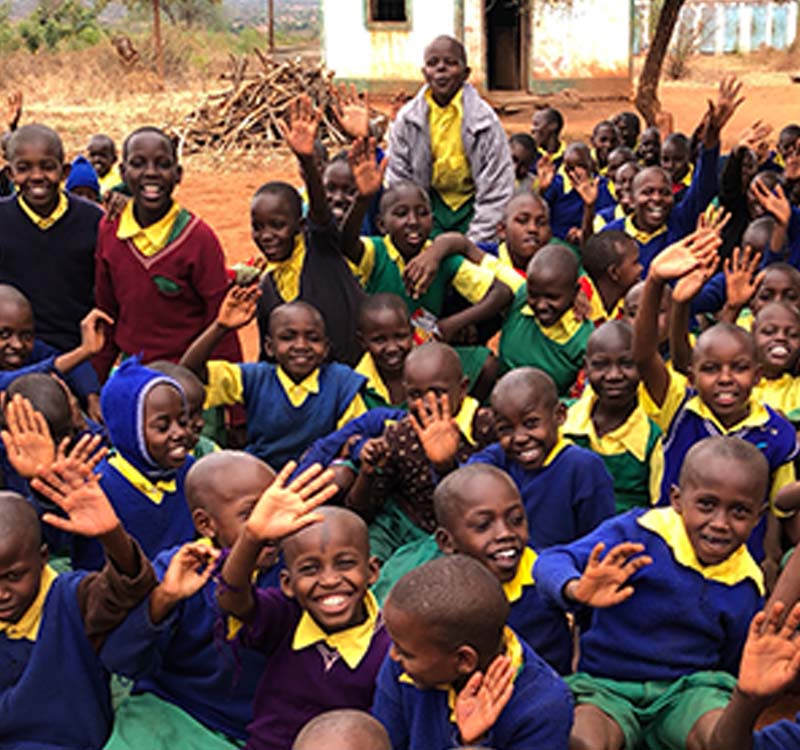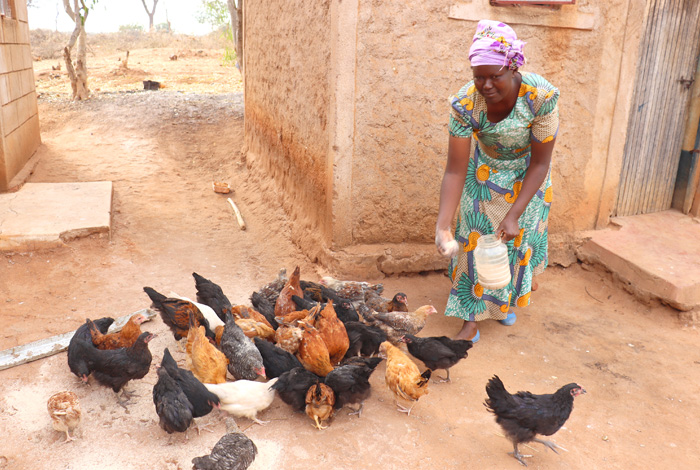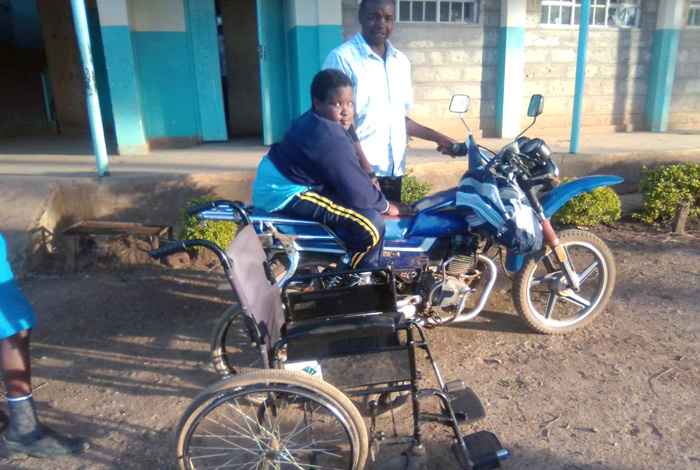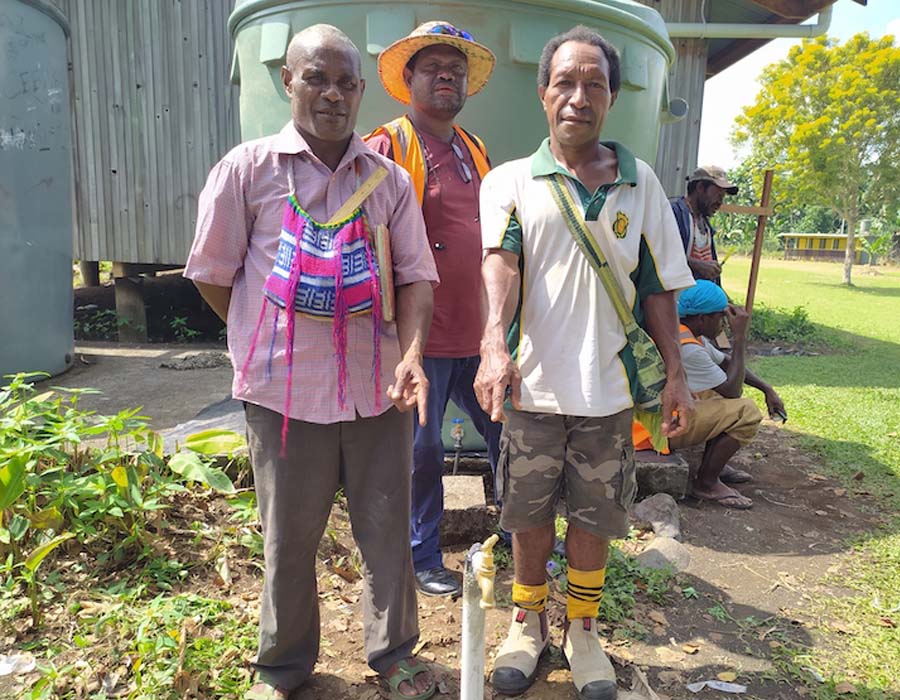The East African nation of Kenya is home to some of the best-known landscapes and peoples from that vast continent. Golden savannahs filled with herds of wildlife and prowling lions, the spectacular Rift Valley, and tribes of Maasai, Samburu, and Swahili resplendent in vibrant garments.

Although ancient in cultures and traditions, these peoples have seen unprecedented change in recent decades. Prior to COVID-19, a series of significant structural and economic reforms contributed to sustained economic growth over that time, leading to a rise in income and growth of the middle-class. Kenya has experienced reduced child mortality, near universal primary school enrolment, and narrower gender gaps in education. However, many of these gains have started to be reversed.
The daily fight for survival is a reality for many.
Around 37% of the 52.5 million population live below the income poverty line, and 12.5% live in severe multidimensional poverty. More than one quarter of children under 5 suffer from moderate or severe stunting due to poor nutrition. Kenya ranks 143rd of 189 countries for gender equality (measured in relation to reproductive health, empowerment and the labour market).
Women often bear the burden of both homemaker and bread-winner, and for those with disabilities, discrimination can bring precious few options for a meaningful future.
AID works in partnership with Anglican Development Services Eastern (ADSE), a development arm of the Anglican Church of Kenya. ADSE has been implementing community development projects in the arid and semi-arid lands of South Eastern Kenya for many years.
Their work aims to improve the livelihoods of the most vulnerable communities, making them more resilient to the effects of climate change. These communities are chosen according to their rating on the Multidimensional Poverty Index, developed by the United Nations for assessing the families and individuals with the greatest need.
AID also supports a Disability Inclusion project in the Diocese of Eldoret, in conjunction with the Diocese of Perth, Australia. This project seeks to improve independent livelihood opportunities for people living with a disability by provision of training, mentoring and small revolving business loans. It also raises awareness of the rights of people with disabilities among local churches and the community more broadly.
Your support for AID will ensure vulnerable people in Kenya are empowered to meet the multitude of challenges they face, rising above poverty and adversity to live to their full God-given potential.
Kenya Projects
Food Security in a Changing Climate
Support women in drought-stricken Kenya to establish an income, support their families, and improve their livelihoods.
Livelihoods for People Living with Disabilities
Support people living with disabilities in the Diocese of Eldoret, in Kenya, to access small business training and low-interest business loans, enabling a more hopeful future.
Emergency Updates
Global: COVID-19 Update
Engaging in COVID-19 awareness and COVID-19 economic relief is not always easy anywhere in the world. Anglicare PNG staff recalled...


